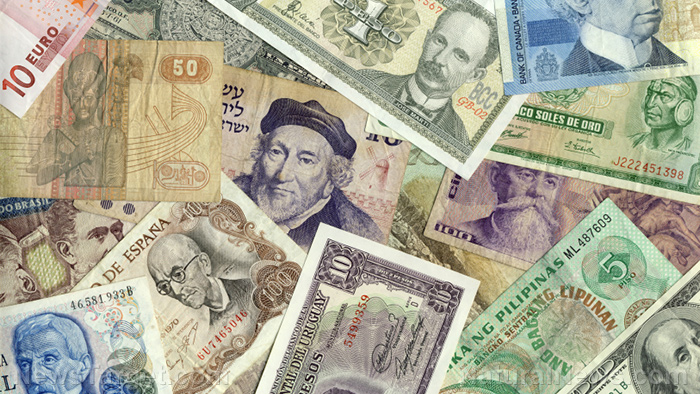Brazil and Argentina discuss common currency for financial, commercial transactions that avoiding using the US dollar
01/25/2023 / By Belle Carter

The leaders of Brazil and Argentina have recently announced that talks toward a common currency for financial and commercial transactions to improve economic integration are advancing.
Brazilian President Luiz Inacio Lula da Silva and Argentinian President Alberto Fernandez shared details about the common currency talks in a jointly-written article. The piece published in the website of the tabloid Perfil explained that a shared currency could reduce “external vulnerabilities.”
“We intend to overcome the barriers to our exchanges, simplify and modernize the rules and encourage the use of local currencies,” the two presidents noted. “We also decided to advance discussions on a common South American currency that can be used for both financial and commercial flows, reducing cost operations and our external vulnerability.”
The article noted that the plan will focus on how a new currency – which Brazil proposes naming as “sur” or south in English – could boost regional trade and reduce reliance on the U.S. dollar.
Fernandez and Lula also emphasized strengthening the Mercosur trade bloc – composed of Paraguay, Uruguay, Brazil and Argentina.
“Together with our partners, we want Mercosur to constitute a platform for our effective integration into the world, through the joint negotiation of balanced trade agreements that respond to our strategic development objectives.”
Argentinian Economic Minister Sergio Massa said Brasilia and Buenos Aries will invite other nations in Latin America to join the sur. He claimed, however, that he didn’t want to create any “false expectations” and that the talks between the countries are “the first step on a long road which Latin America must travel.”
Brazilian Finance Minister Fernando Haddad first raised the idea of a common currency in a 2022 article he co-wrote with his executive secretary, economist Gabriel Galipolo. Lula later mentioned the idea of the sur during his presidential campaign. (Related: BRICS member nations are creating new reserve currency to challenge the dollar, Andy Schectman tells Mike Adams.)
Proposed common currency derided by critics
Lula explained that the sur would initially be limited to Argentina and Brazil for trade and transactions. It could then be later adopted by other Mercosur members, he added.
But according to a report by the Associated Press, the proposed common currency did not sit well with some analysts. They pointed out that neither Brasilia nor Buenos Aires “is positioned to tackle such a complicated undertaking or instill confidence in the idea with global markets.”
Economists were quick to question the logic of the plan between the South American neighbors as economic conditions are deteriorating in Argentina, where nearly four in 10 people live in poverty. They also mentioned that even though Brazil is in an objectively better place economically, the country is “hardly a beacon of success.”
Moreover, the analysts pointed to multiple foreign exchange rates in both countries that include an illegal one employed in backrooms by money-changers. The practice has been so entrenched that this so-called “blue dollar” rate is published daily in newspapers.
“Neither country has the initial conditions to make this succeed and attract others,” tweeted Mohamed A. El-Erian, former CEO of premier fixed-income investment managers Pimco. “The best this initiative can hope for is that talk creates some political cover for much-needed economic reforms.”
Brendan McKenna, an emerging-markets economist and foreign-exchange strategist at Wells Fargo, pointed out that the proposal is “a bad idea.” He added that the disparity between the two nations’ economic conditions leaves it no chance of materializing.
CurrencyReset.news has more stories about currencies around the world.
Watch this Russia Today report that discusses global cooperation toward de-dollarization.
This video is from the dr Meno Peace Terrorist channel on Brighteon.com.
More related stories:
Putin says BRICS countries are establishing new global reserve currency to replace U.S. dollar.
Sources include:
Submit a correction >>
Tagged Under:
Alberto Fernandez, Argentina, Brazil, bubble, collapse, common currency, conspiracy, currency crash, currency reset, dedollarization, dollar demise, Latin America, Luiz Inacio Lula da Silva, market crash, Mercosur, money supply, risk, South America, sur, trading bloc
This article may contain statements that reflect the opinion of the author

